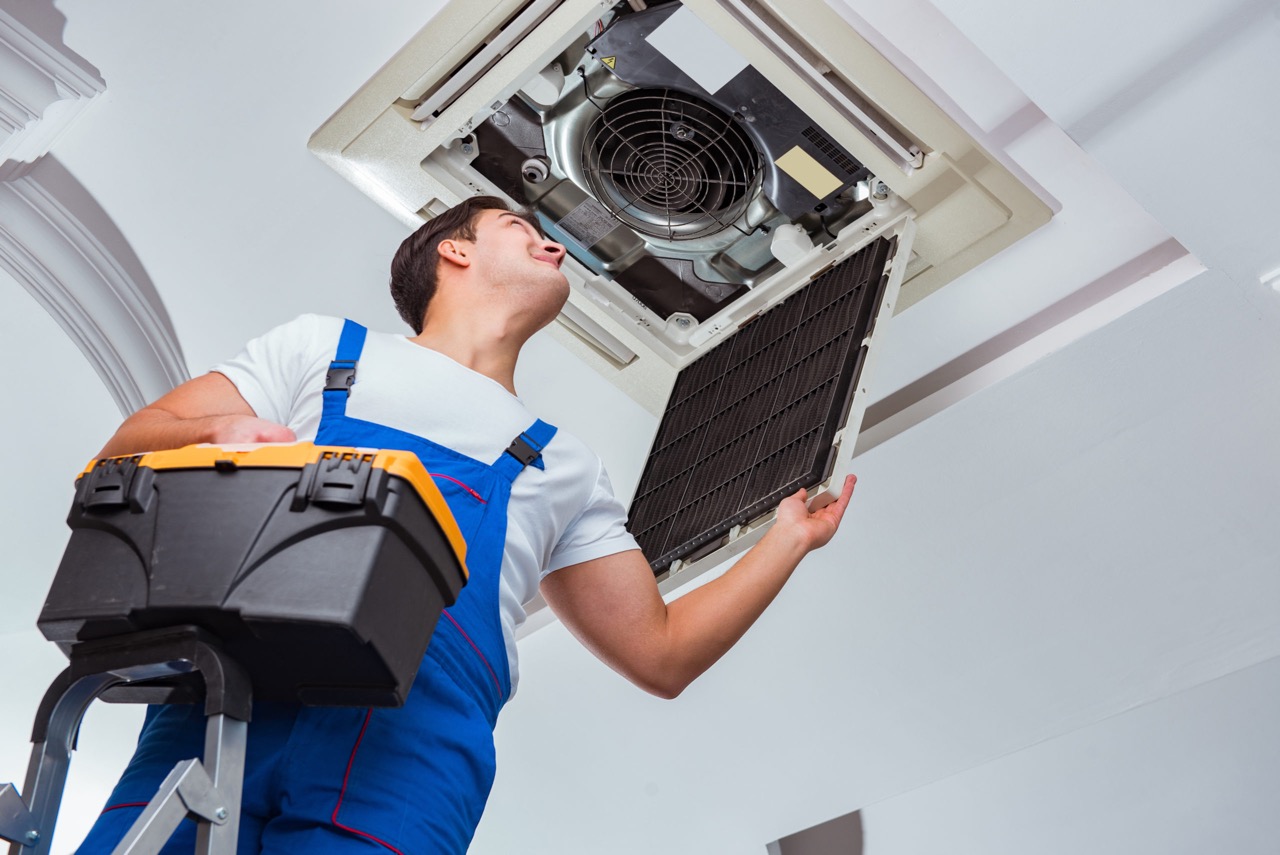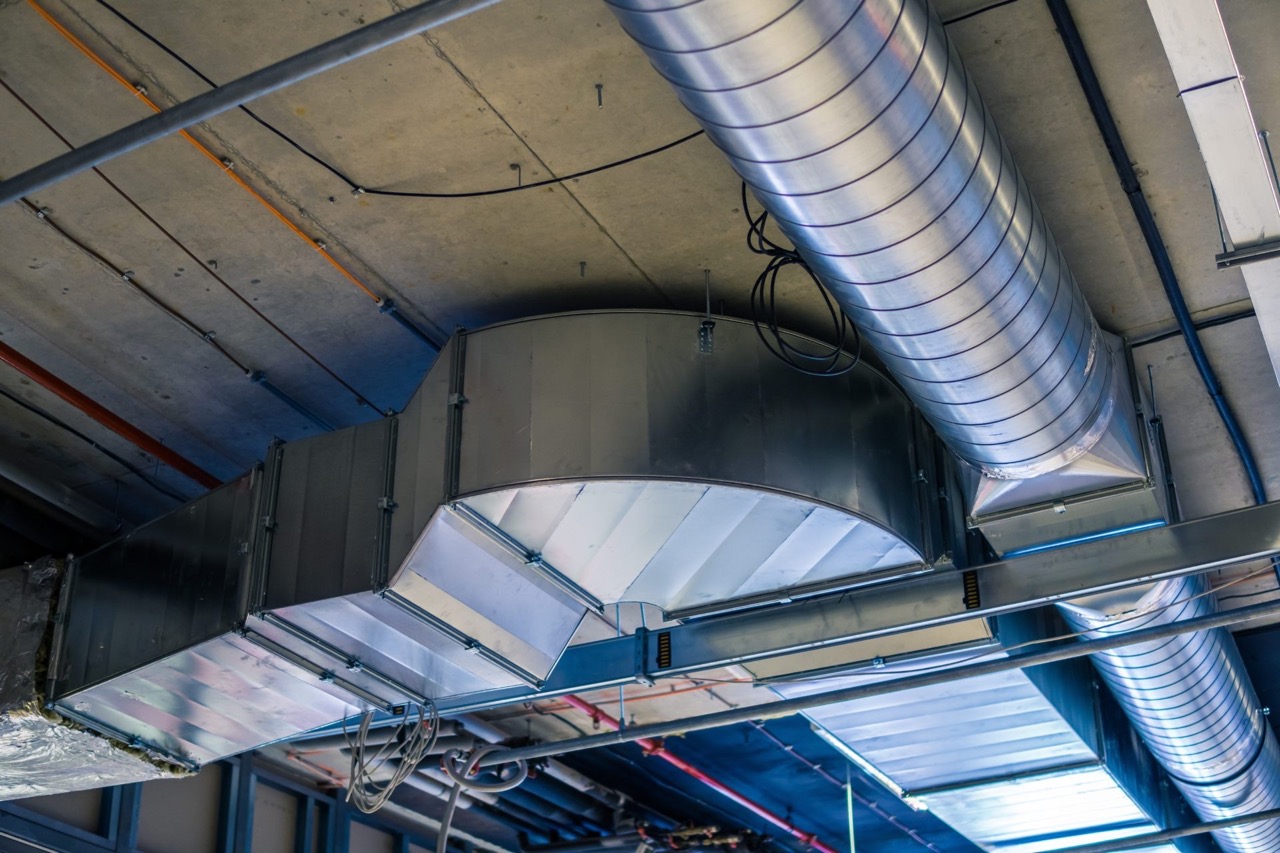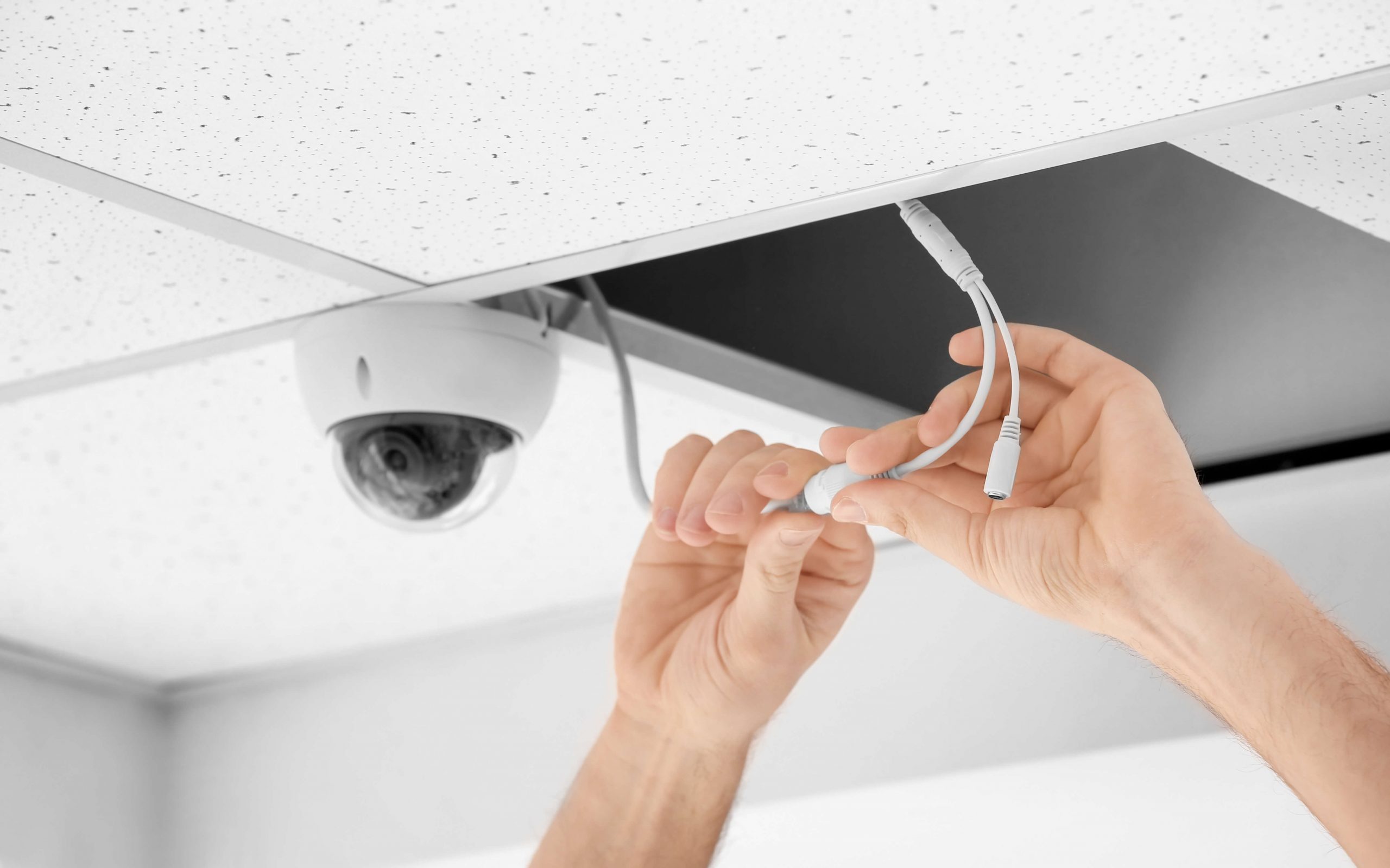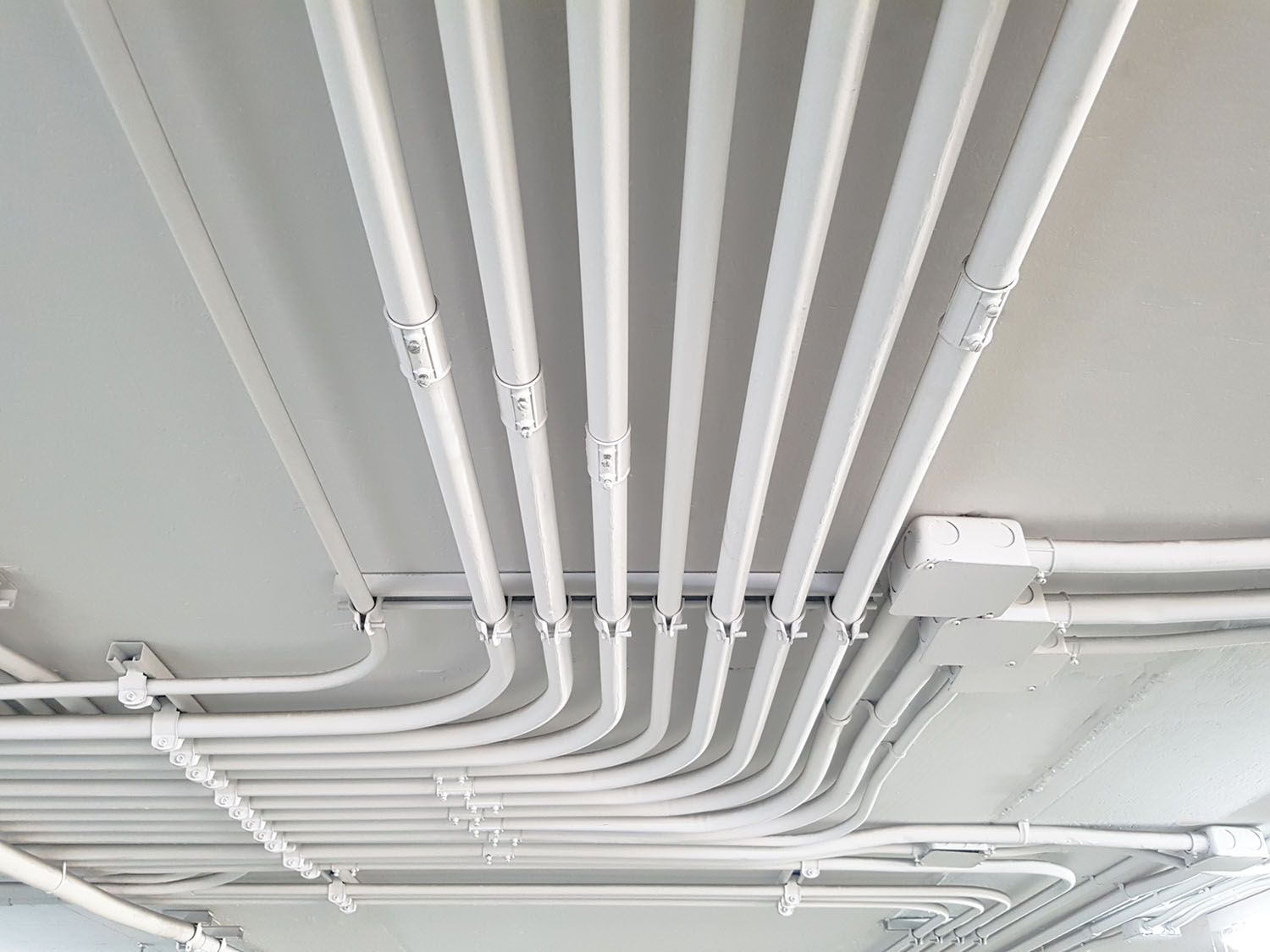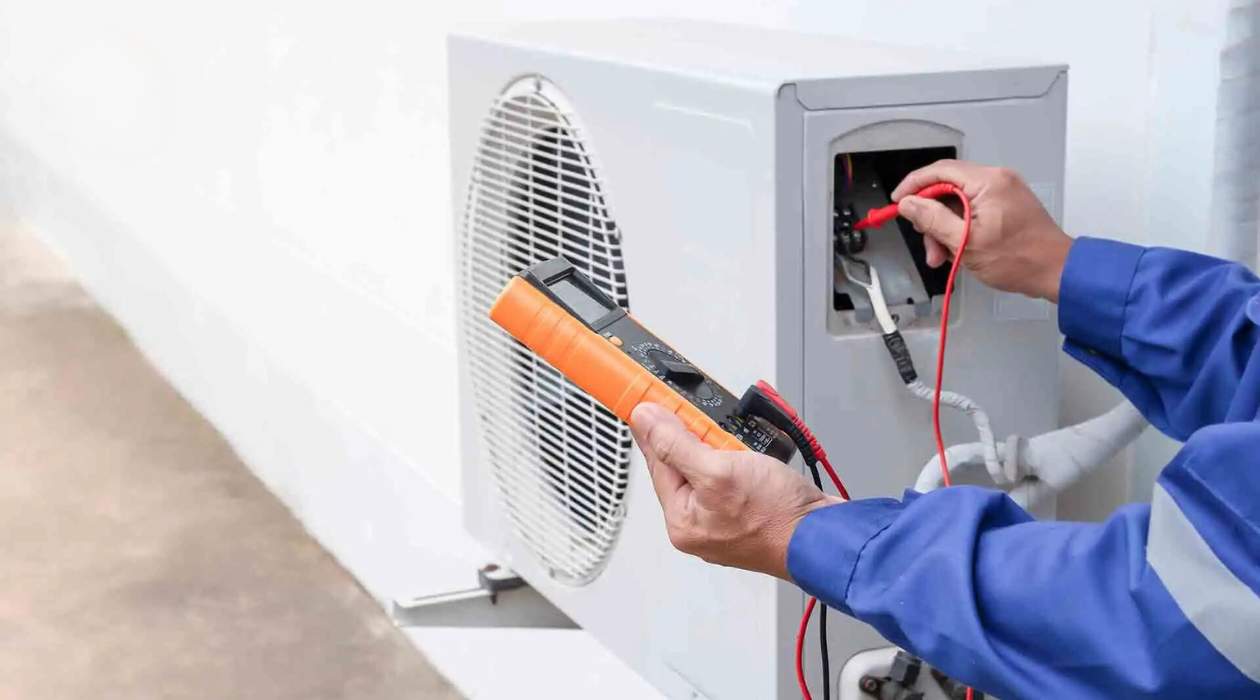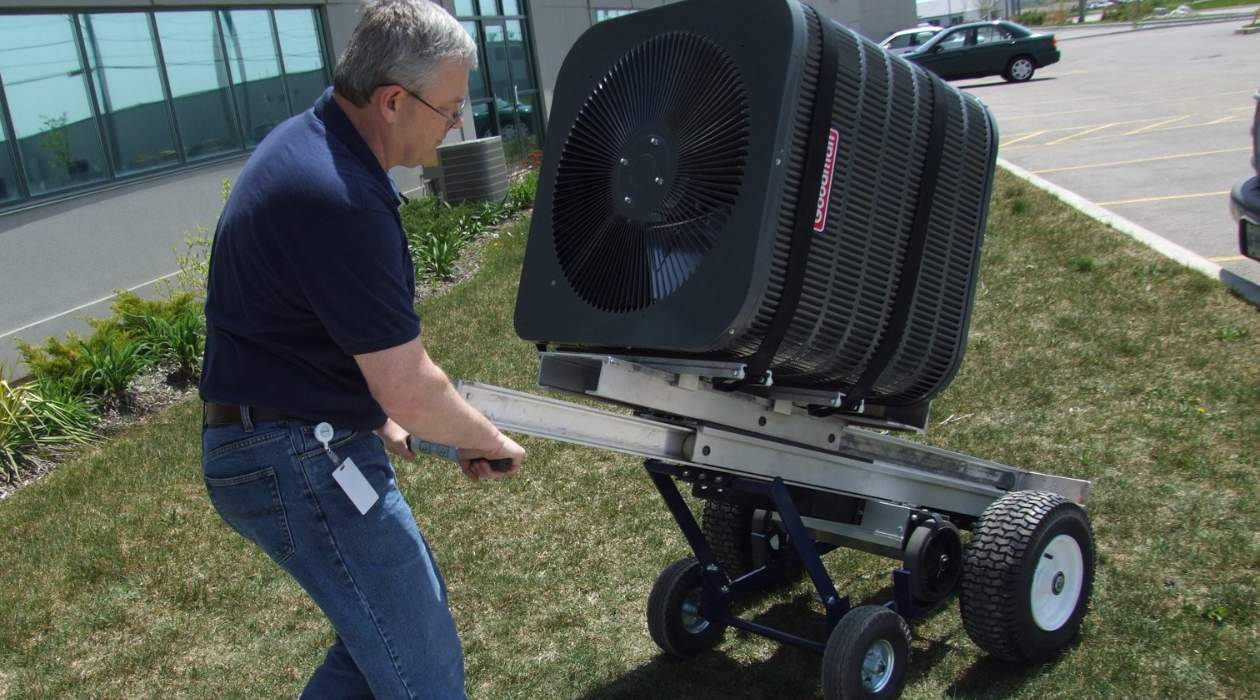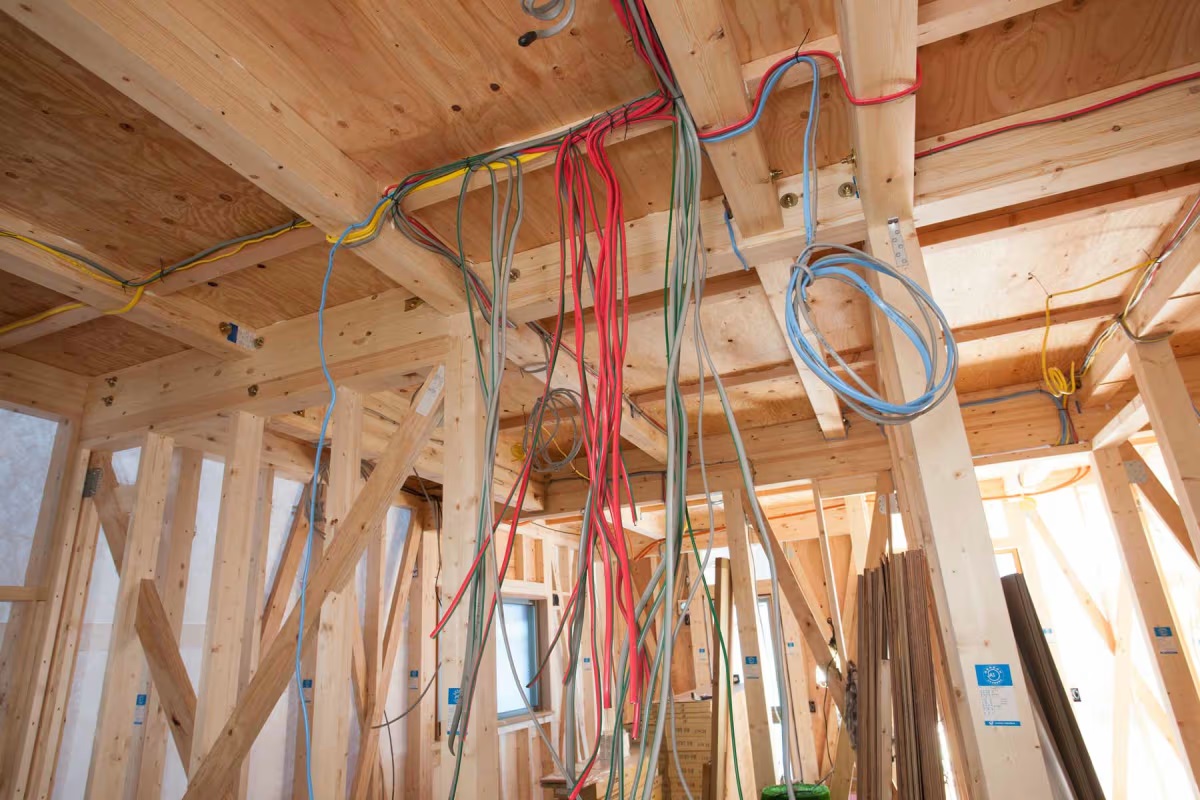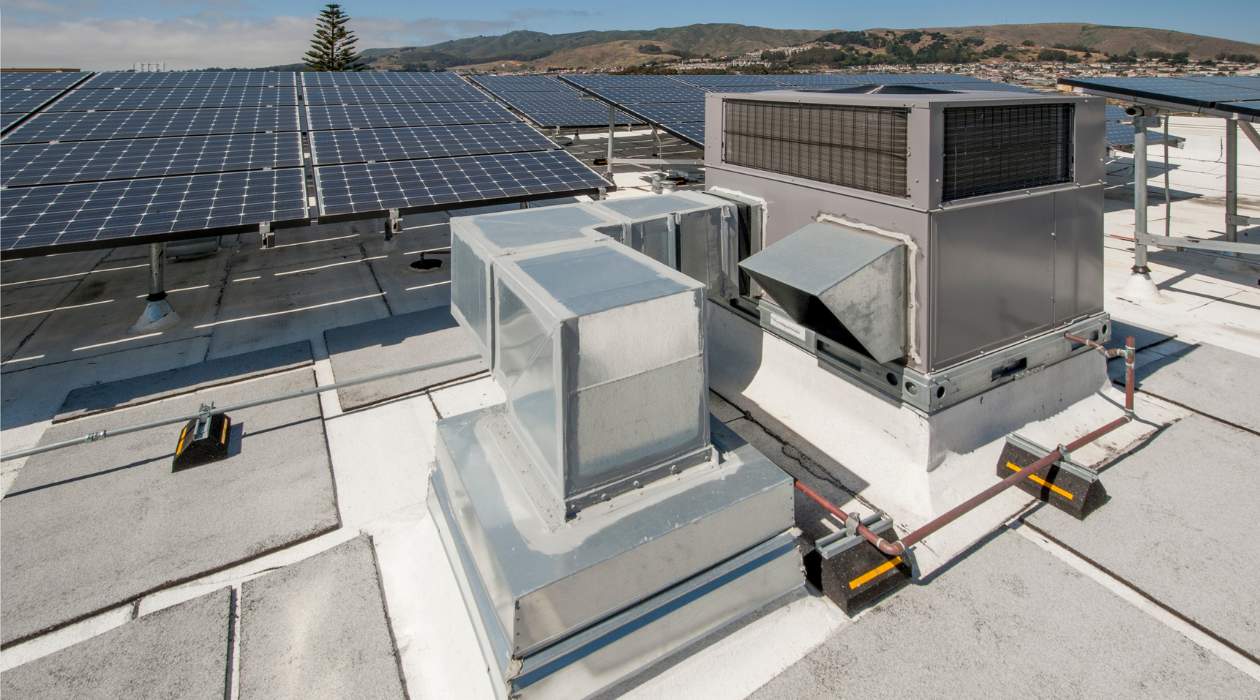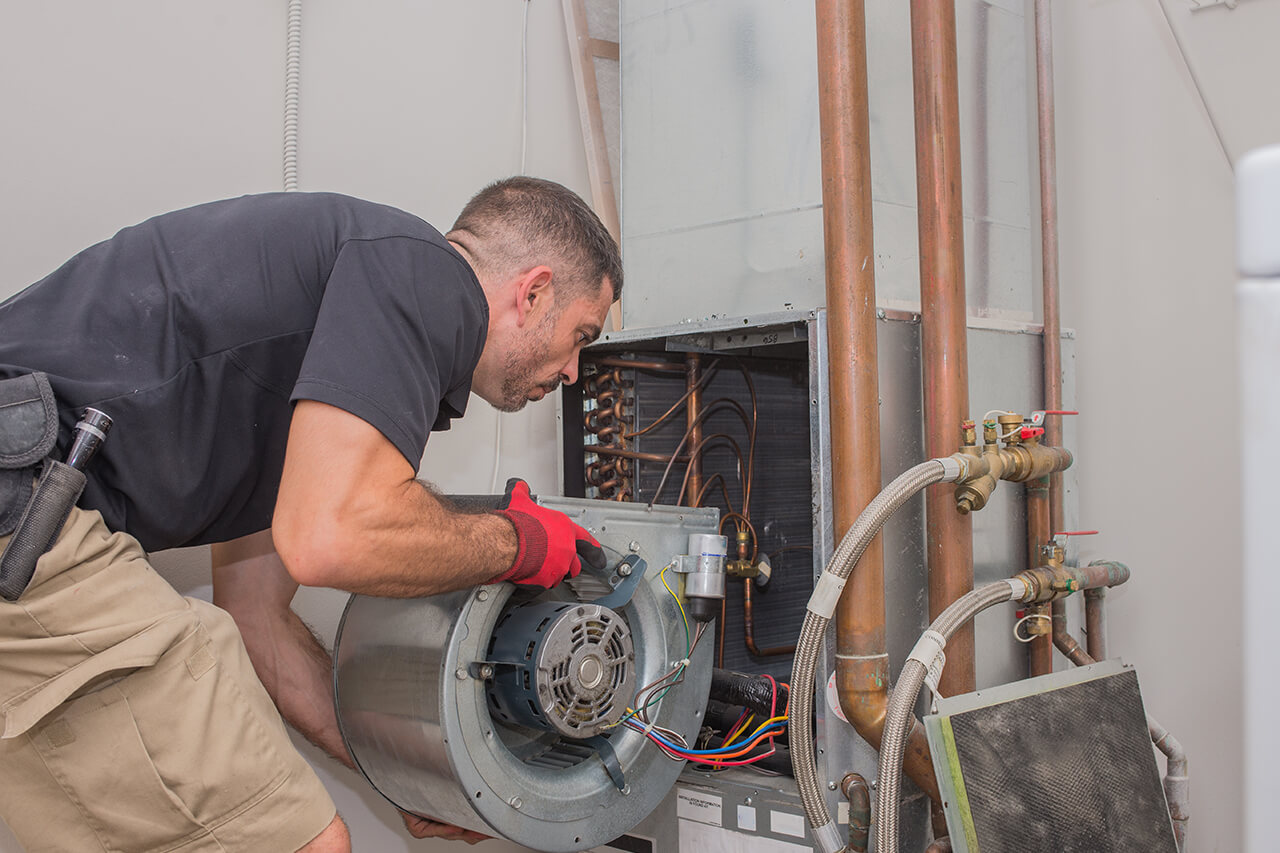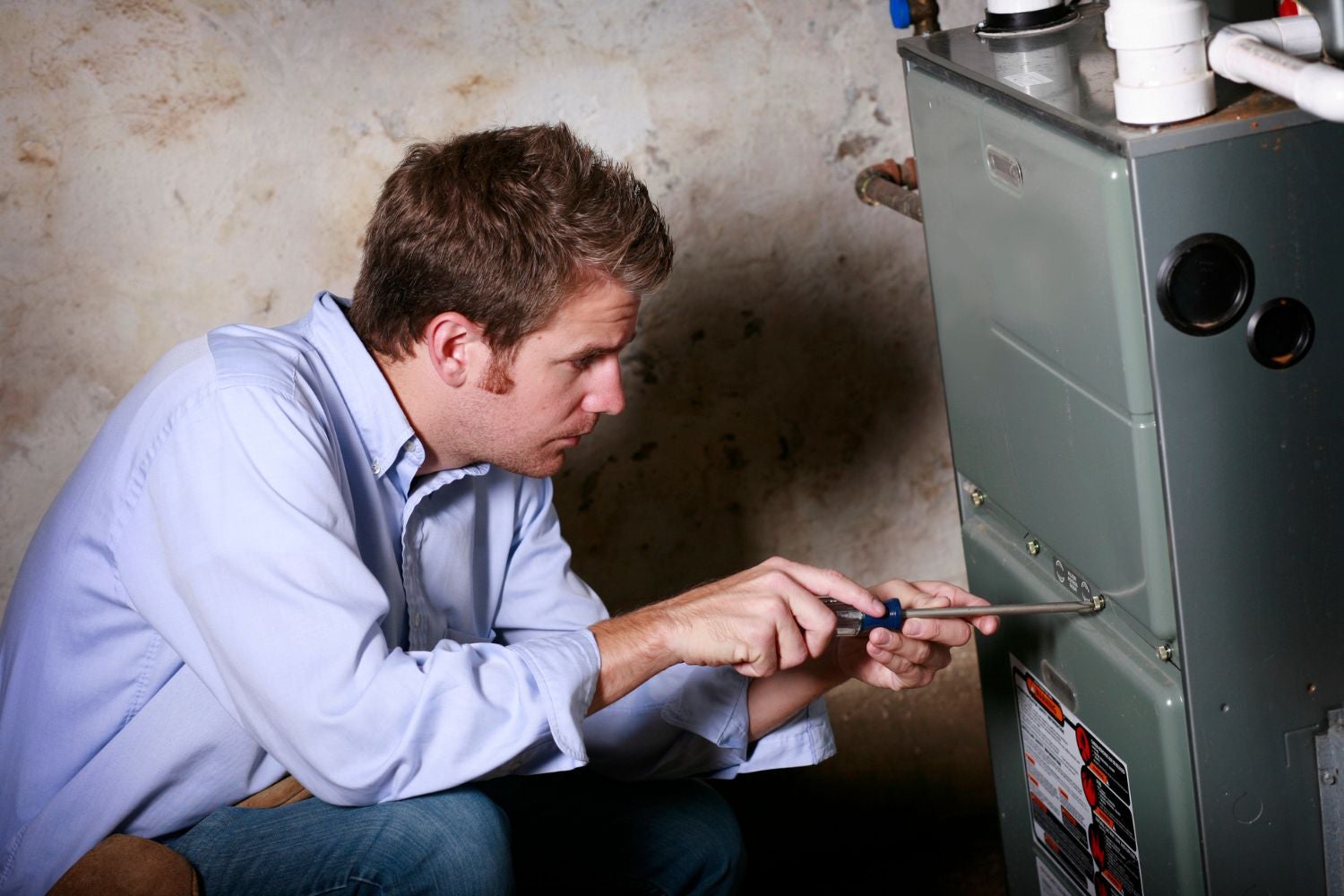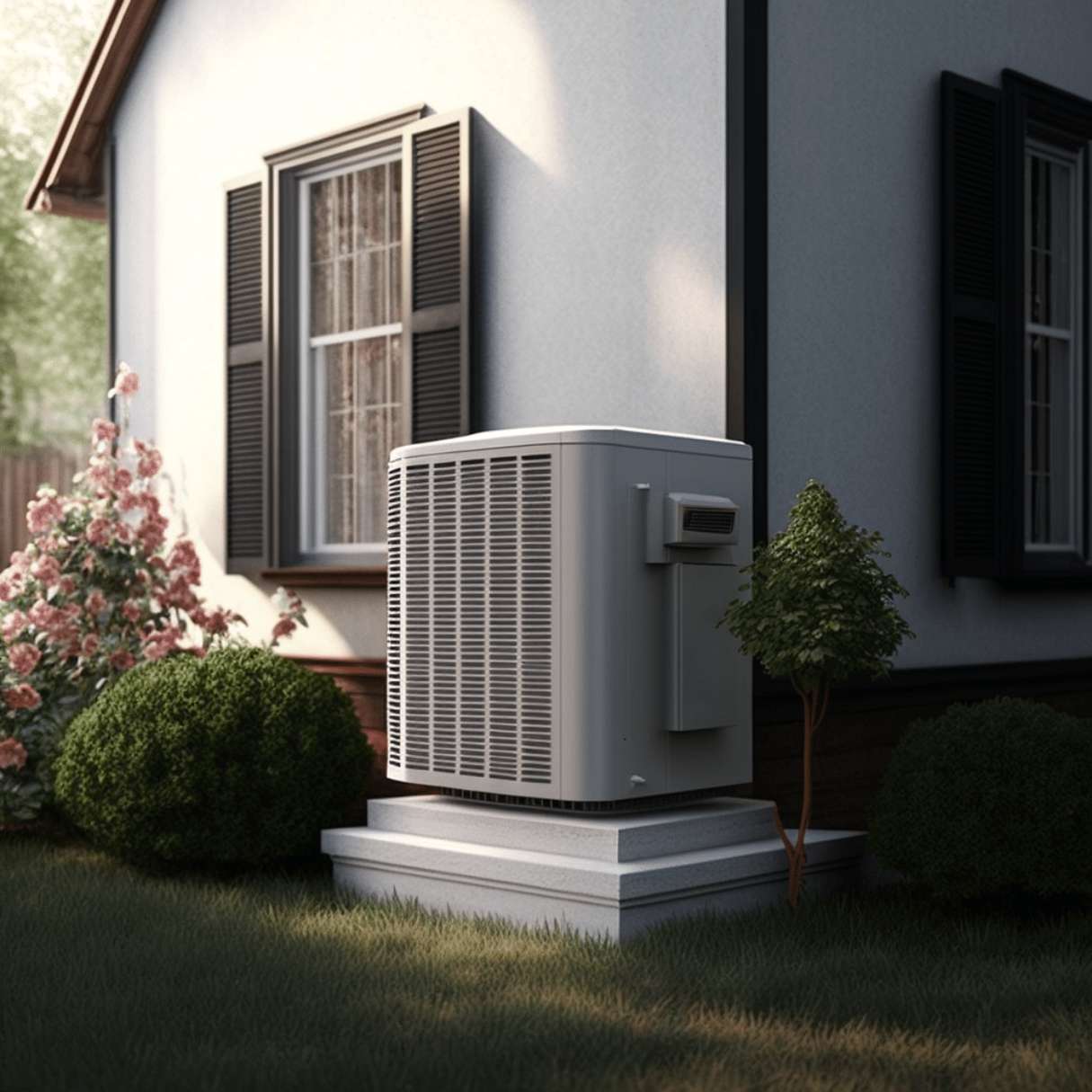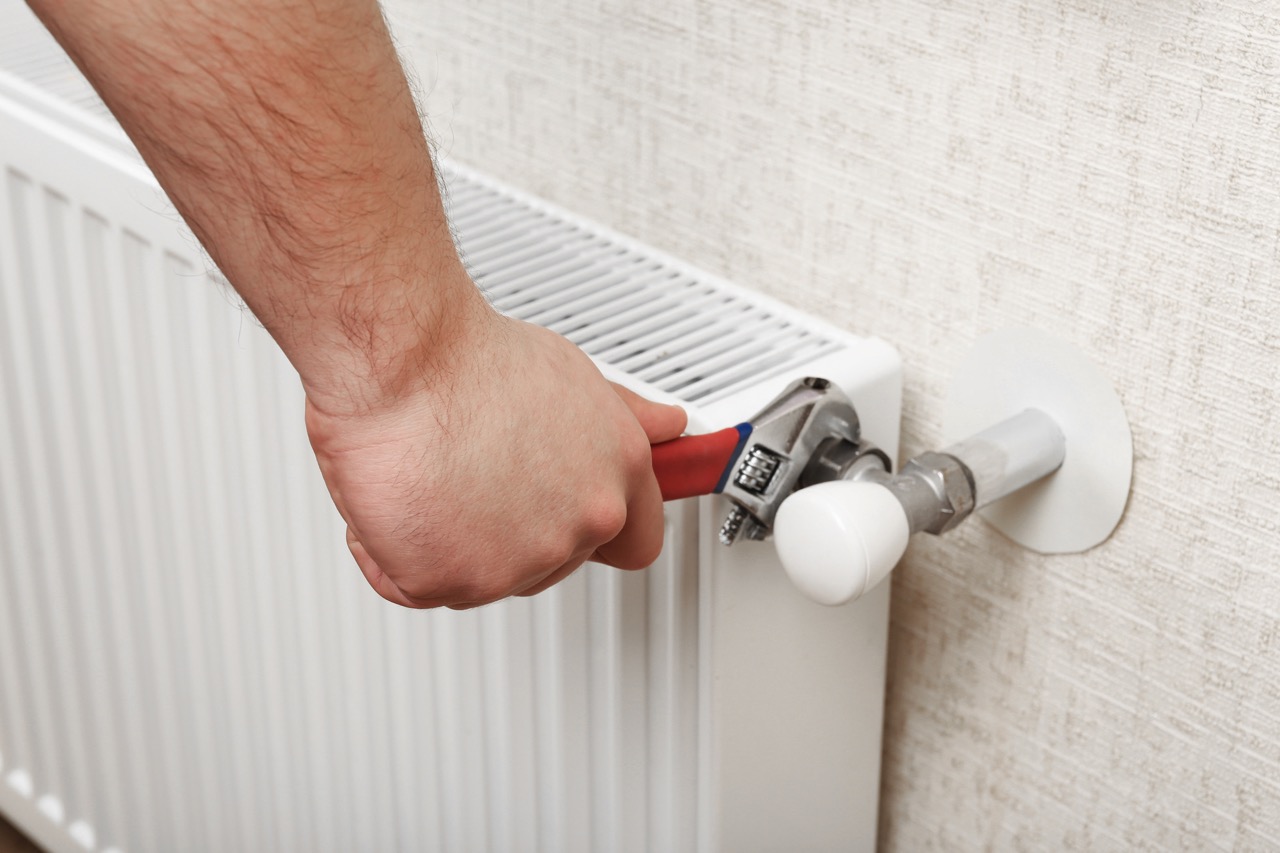Home>Home Security and Surveillance>How Much Do Wired Security Systems Cost


Home Security and Surveillance
How Much Do Wired Security Systems Cost
Modified: March 6, 2024
Discover the cost of wired security systems for home security and surveillance. Compare prices and find the best options for your needs
(Many of the links in this article redirect to a specific reviewed product. Your purchase of these products through affiliate links helps to generate commission for Storables.com, at no extra cost. Learn more)
Introduction
Welcome to the world of home security and surveillance! Keeping your home safe and protected is undoubtedly a top priority for any homeowner. With the advancements in technology, there are now various options available to ensure the security of your property. One popular choice is installing a wired security system.
Wired security systems have been a trusted solution for many years, offering reliable protection for homes and businesses. In this article, we will explore the different factors that affect the cost of wired security systems, break down the average costs involved, and discuss the benefits and drawbacks of choosing a wired security system for your home.
Before we dive into the details, it’s important to understand what a wired security system is. Unlike wireless systems that rely on signals and connectivity, wired security systems use physical wiring to connect the various components. These components typically include cameras, sensors, control panels, and an alarm system.
Wired security systems offer a high level of reliability, as they are not subject to interference like their wireless counterparts. They provide a constant and stable connection, ensuring that you are always connected to your security system. Additionally, wired systems are often the preferred choice for larger properties or buildings with multiple floors, as they can easily be integrated and cover a larger area.
Now that we have a basic understanding of what a wired security system entails, let’s explore the factors that can influence the cost of installation and equipment.
Key Takeaways:
- Wired security systems offer reliable protection for homes, with benefits such as stable connectivity and improved coverage, but may require professional installation and have potential drawbacks like higher initial costs and limited flexibility.
- Factors affecting the cost of wired security systems include property size, camera quantity, and installation complexity. Additional considerations such as monitoring fees, maintenance, and insurance discounts should also be factored into the budget.
Factors That Affect the Cost of Wired Security Systems
When it comes to the cost of a wired security system, several factors come into play. Understanding these factors can help you make informed decisions while planning your security system installation. Here are the key factors that influence the cost:
- Size of the Property: The size of your property plays a significant role in determining the cost of a wired security system. Larger properties require more equipment, such as cameras and sensors, which can increase the overall cost. Additionally, if your property has multiple entry points, you may need additional equipment and wiring, further impacting the cost.
- Number of Surveillance Cameras: The number of surveillance cameras you choose to install will directly impact the cost of your system. Each camera requires wiring, mounting brackets, and possibly additional accessories, all of which contribute to the overall cost. It’s important to strategically plan the camera placement to ensure maximum coverage while staying within your budget.
- Quality and Features of the System: The quality and features of the wired security system you select will influence the cost. High-quality cameras with advanced features like night vision, motion detection, and pan-tilt-zoom capabilities will generally be more expensive. Consider your specific security needs and budget when choosing the system that best fits your requirements.
- Installation Complexity: The complexity of the installation process can impact the cost. If your property requires extensive drilling, cable running, or wall-mounting, it may require additional labor and time, which can increase the overall installation cost. Factors such as the presence of existing wiring infrastructure and the accessibility of installation areas can also affect the installation complexity and subsequently the cost.
- Integration and Monitoring Services: Some wired security systems offer integration with other smart home devices and services, such as home automation systems and professional monitoring services. These added features can enhance the security and convenience of your system but may come at an extra cost.
- Professional Installation vs. DIY: The choice between professional installation and a do-it-yourself (DIY) approach can impact the cost of your wired security system. While DIY installation may save you money on labor costs, it’s important to consider your technical expertise and the complexity of the installation process. Professional installation ensures proper setup and configuration, giving you peace of mind.
By considering these factors and conducting thorough research, you can determine the most suitable wired security system for your needs while staying within your budget. Now that we understand the factors that affect the cost, let’s break down the average cost of wired security systems in more detail.
Cost Breakdown of Wired Security Systems
When budgeting for a wired security system, it’s essential to understand the various components and their associated costs. Here’s a breakdown of the typical expenses involved:
- Security Cameras: The cost of security cameras can vary depending on the quality, resolution, and features. Basic cameras start at around $50 per camera, while more advanced models with higher resolutions and additional functionalities can cost several hundred dollars each.
- Control Panel: The control panel serves as the central hub of your wired security system, allowing you to monitor and control the system. Depending on the brand and features, control panels can range from $100 to $500 or more.
- Sensors: Sensors are crucial for detecting motion or opening/closing of doors and windows. The cost of sensors can range from $10 to $50 per sensor, depending on the brand and type. Keep in mind that larger properties may require more sensors, which can increase the overall cost.
- Wiring and Cables: Wiring and cables are necessary to connect the various components of your wired security system. The cost of wiring will depend on the length and type required. On average, you can expect to spend around $100 to $500 for wiring and cables.
- Power Supply: A reliable power supply is essential for your security system. Depending on the complexity and requirements of your system, power supplies can cost anywhere from $50 to $200.
- Installation Costs: If you opt for professional installation, there will be additional labor costs to consider. Installation fees can vary based on the complexity of the job, but you can expect to pay anywhere from $200 to $1000 or more, depending on your location and the size of your property.
It’s worth noting that these costs are general estimates and can vary based on factors such as the brand, quality, and specific requirements of your wired security system. Additionally, keep in mind that ongoing maintenance costs, such as system updates and repairs, may be required and should be included in your overall budget.
Now that we have explored the cost breakdown of wired security systems, let’s take a closer look at the average installation costs for these systems.
Average Installation Costs for Wired Security Systems
When it comes to installing a wired security system, you have a couple of options: professional installation or a do-it-yourself (DIY) approach. The choice you make will significantly impact the installation costs. Let’s explore both options:
Professional Installation:
Opting for professional installation ensures that your wired security system is set up correctly, minimizing the risk of installation errors. The cost of professional installation can vary depending on factors such as the complexity of the job, your location, and any additional services you may require. On average, you can expect to pay between $200 and $1000 or more for professional installation.
It’s important to note that the cost typically includes the labor of the installation technician, along with any necessary tools and equipment. Additionally, some installation providers may offer package deals that include the cost of the security equipment and installation as a bundle.
DIY Installation:
If you’re comfortable with technology and possess basic electrical and wiring knowledge, you may choose to install your wired security system yourself. This can potentially save you money on labor costs. However, it’s essential to consider the complexity of the installation process, as it can vary depending on your property’s layout and your technical expertise.
When opting for DIY installation, you’ll need to purchase the necessary tools and equipment, such as wires, connectors, and mounting brackets. Additionally, it’s crucial to carefully follow the manufacturer’s instructions and guidelines to ensure a proper installation. DIY installation costs can range from $0 to a few hundred dollars, depending on the number of tools and materials needed.
Remember that even with a DIY installation, it’s recommended to have a professional technician conduct a final evaluation to ensure optimal functionality and security.
Now that we have covered the installation costs, let’s explore some additional costs and considerations to keep in mind when planning your wired security system.
When budgeting for a wired security system, consider the cost of the equipment, installation, and any monthly monitoring fees. Prices can vary based on the size of your home and the level of security you need.
Additional Costs and Considerations
When budgeting for a wired security system, it’s important to consider the following additional costs and factors:
- Monitoring Fees: Some wired security systems offer optional professional monitoring services. These services provide 24/7 monitoring and dispatch emergency services in case of a security breach. The cost of monitoring services can range from $10 to $50 per month, depending on the level of service and features.
- Maintenance and Upkeep: Like any system, wired security systems require regular maintenance and upkeep to ensure optimal performance. This may include software updates, camera cleaning, and occasional repairs. It’s important to factor in these ongoing costs when budgeting for your security system.
- Permit Fees: In some areas, you may be required to obtain a permit for installing a wired security system. These permits typically come with a fee that can range from $50 to $200. Check with your local authorities to see if a permit is necessary and what the associated costs may be.
- Integration with Smart Home Devices: If you have a smart home setup, you may want to integrate your wired security system with other devices, such as smart locks, doorbell cameras, or voice assistants. While this can enhance your overall home security, it may involve additional costs for purchasing and setting up compatible devices.
- Insurance Discounts: Installing a wired security system can often lead to discounts on insurance premiums. Contact your insurance provider to inquire about any potential savings. These savings can help offset the initial costs of your security system in the long run.
- Licensing and Regulations: Depending on your location, there may be specific licensing requirements and regulations for installing a wired security system. It’s essential to research and comply with any applicable regulations to ensure that your system is installed legally and effectively.
Considering these additional costs and factors will help you create a more comprehensive budget for your wired security system. Remember, investing in a reliable and high-quality system is a crucial step towards ensuring the safety and security of your home.
Now that we have explored the costs and considerations, let’s assess the benefits and drawbacks of choosing a wired security system for your home.
Read more: How Much Is A Security Camera Cost
Benefits of Wired Security Systems
Choosing a wired security system for your home comes with several benefits that contribute to the overall safety and peace of mind. Here are some key advantages of opting for a wired security system:
- Reliability: Wired security systems are known for their reliability. Unlike wireless systems, which can be susceptible to signal interference or hacking, wired systems provide a consistent and stable connection. This ensures that your cameras, sensors, and alarms are always functioning properly, offering reliable protection for your property.
- Improved Coverage: Wired systems allow for more extensive coverage compared to wireless systems. With wired systems, you can install multiple cameras and sensors throughout your property without worrying about signal range limitations. This is particularly beneficial for larger homes or properties with multiple entry points, as you can ensure comprehensive coverage and increased security.
- Higher Picture Quality: Wired security cameras typically offer higher picture quality compared to wireless cameras. The direct connection via wires ensures a more stable transmission, resulting in sharper and clearer video footage. This can be crucial when it comes to identifying potential intruders or suspicious activities.
- Less Susceptible to Hacking: While wireless systems have improved in terms of security, wired systems are generally considered to be less susceptible to hacking attempts. With a physical connection, it is much more challenging for unauthorized individuals to gain access or tamper with your security system. This provides an added layer of protection for your home and privacy.
- Integration with Other Systems: Wired security systems often offer seamless integration with other home automation devices or smart home systems. This allows you to create a holistic and interconnected security ecosystem where you can control and monitor multiple devices and systems from a single interface. Integration can include features like remote access, smartphone notifications, and voice control, adding convenience and flexibility to your security setup.
These benefits make wired security systems a popular choice for homeowners looking for reliable and robust protection for their properties. However, it is important to also consider the potential drawbacks associated with this type of security system. Let’s explore the drawbacks in the next section.
Drawbacks of Wired Security Systems
While there are many benefits to choosing a wired security system, it’s important to be aware of the potential drawbacks as well. Here are some considerations:
- Installation Complexity: Installing a wired security system can be more complex and time-consuming compared to a wireless system. It requires running wires and cables throughout your property, which may involve drilling holes and potentially damaging walls. This installation process can be challenging for individuals without technical expertise or those who prefer a hassle-free setup.
- Higher Installation Costs: The professional installation of a wired security system can be more expensive compared to wireless systems. The labor involved in running cables and setting up the system can drive up the installation costs. Additionally, if you opt for a DIY installation, you may still face higher up-front costs for purchasing the necessary tools and equipment.
- Limited Flexibility: Once the wired system is installed, it can be challenging to modify or expand compared to wireless systems. If you decide to add more cameras or sensors in the future, it may require additional wiring and adjustments, potentially leading to additional installation costs.
- Risk of Power Outages: Wired security systems are dependent on a reliable power supply. In the event of a power outage, the system may become temporarily inactive until power is restored, potentially leaving your property vulnerable. However, some wired systems come with battery backups to provide limited functionality during power outages.
- Property Damage: The installation process of a wired security system may involve drilling holes, running cables, and mounting cameras and sensors. This can result in visible damage to walls, ceilings, or other surfaces. It’s important to carefully plan the installation and consider the aesthetic impact it may have on your home.
While these drawbacks exist, it’s essential to weigh them against the benefits and your individual security needs. For many homeowners, the reliability and enhanced coverage of a wired security system outweigh the potential downsides. It’s important to carefully research, consider your budget and preferences, and consult with professionals to choose the best security solution for your home.
Now that we have examined the benefits and drawbacks of wired security systems, let’s conclude our article.
Conclusion
When it comes to protecting your home and ensuring the safety of your loved ones, investing in a reliable security system is paramount. Wired security systems offer a range of benefits, from their high level of reliability to improved coverage and higher picture quality. With their stable and secure connection, wired systems provide peace of mind, knowing that your property is well-protected.
While the installation of a wired security system may require professional assistance or technical expertise, the benefits of a wired system often outweigh the potential drawbacks. These drawbacks include the initial installation costs, limited flexibility, and the potential for property damage during installation.
It’s crucial to carefully consider the factors that can affect the cost of a wired security system, including the size of your property, the number of cameras and sensors needed, and the complexity of the installation process. By budgeting accordingly and exploring your options, you can find the right wired security system that meets your specific needs and fits within your budget.
Add-on costs, such as monitoring fees, maintenance, and potential licensing requirements, should also be accounted for when planning your security system. It’s also worth noting that some insurance providers offer discounts for homes with security systems, which can help alleviate some of the initial investment.
Ultimately, the decision to invest in a wired security system is a personal one. By weighing the benefits and drawbacks, conducting thorough research, and consulting with professionals, you can make an informed choice that best suits your home security needs.
Remember, the goal of a wired security system is to provide a sense of security and peace of mind. With the right installation and maintenance, a wired security system can equip your home with the protection it deserves.
Frequently Asked Questions about How Much Do Wired Security Systems Cost
Was this page helpful?
At Storables.com, we guarantee accurate and reliable information. Our content, validated by Expert Board Contributors, is crafted following stringent Editorial Policies. We're committed to providing you with well-researched, expert-backed insights for all your informational needs.
